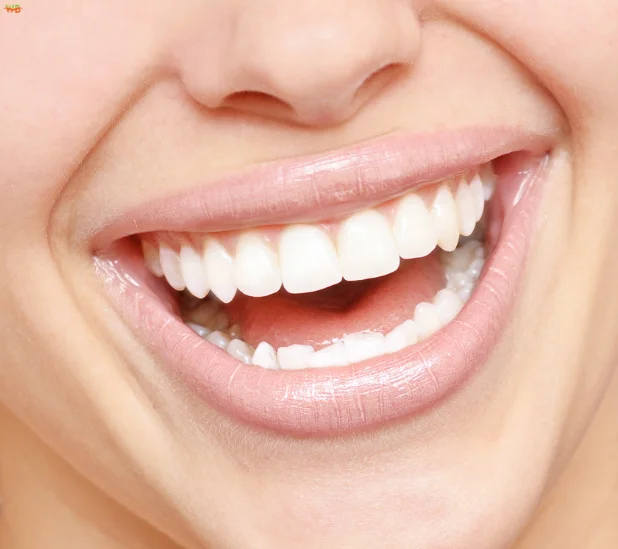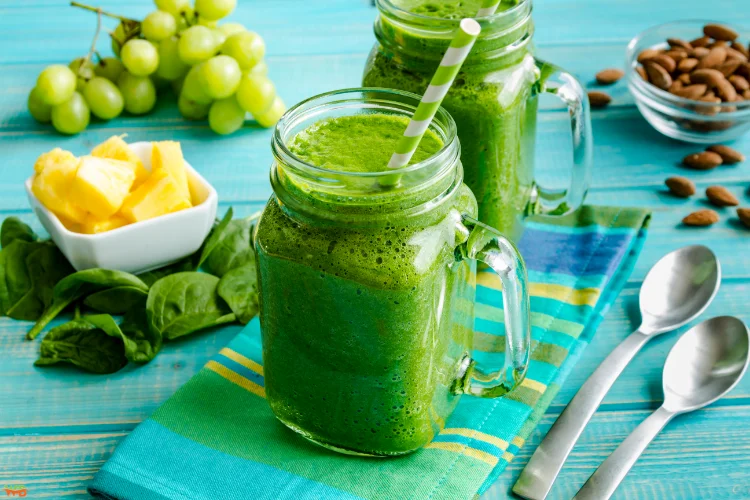
Maintaining a healthy diet is not only beneficial for your body but also essential for your oral health. What you eat has a direct impact on the strength of your teeth and the health of your gums. While regular visits to a dentist in Guelph for cleanings and check-ups are important, incorporating the right foods into your diet can help protect against cavities, gum disease, and tooth decay. Here are the best foods to keep your teeth and gums in top shape.
Dairy Products: A Calcium Powerhouse
Dairy products like milk, cheese, and yogurt are excellent sources of calcium, which is crucial for maintaining strong teeth. Calcium helps to remineralize enamel, making teeth more resistant to decay. Cheese, in particular, has been shown to lower acidity in the mouth, reducing the risk of cavities. Yogurt contains probiotics that promote good bacteria in the mouth, helping to combat harmful bacteria that lead to gum disease.
Crunchy Fruits and Vegetables: Nature’s Toothbrush
Crunchy fruits and vegetables such as apples, carrots, and celery naturally help clean your teeth, acting like a toothbrush. Their fibrous texture helps to scrub away plaque and food particles while stimulating saliva production. The production of saliva helps neutralize acids and eliminate harmful bacteria. Apples are especially beneficial due to their high water content, which helps to clean teeth and gums naturally.
Leafy Greens: Packed with Essential Nutrients

Leafy greens like spinach, kale, and Swiss chard are loaded with vitamins and minerals, including calcium and folic acid. These nutrients help strengthen tooth enamel and improve gum health. Folic acid, in particular, has been linked to a reduced risk of gum disease. Adding more greens to your diet can help protect against inflammation and promote a healthier mouth.
Nuts and Seeds: Mineral Boosters
Nuts and seeds, such as almonds, walnuts, and sunflower seeds, provide a rich source of calcium, phosphorus, and other essential minerals that contribute to strong teeth. Phosphorus plays a critical role in protecting and rebuilding tooth enamel. Chewing nuts also stimulate saliva production, which helps cleanse the mouth and reduce the buildup of harmful bacteria.
Fatty Fish: A Source of Omega-3 and Vitamin D
Fatty fish like salmon, mackerel, and sardines are packed with omega-3 fatty acids, and vitamin D. Omega-3s have anti-inflammatory properties that help prevent gum disease, while vitamin D aids in calcium absorption, promoting stronger teeth. Including fatty fish in your diet can support both your oral and overall health.
Green and Black Tea: Antioxidants for Oral Health
Green and black tea contain polyphenols, which are antioxidants that help fight bacteria in the mouth. These compounds can slow down the growth of plaque and reduce the risk of cavities and gum disease. Fluoride, a naturally occurring mineral found in some teas, also strengthens enamel and protects against tooth decay. Drinking tea without added sugar can be a great addition to your oral care routine.
Water: The Ultimate Mouth Cleanser

Water is one of the best drinks for maintaining oral health. It helps rinse away food particles, neutralizes acids, and keeps the mouth hydrated. Fluoridated water, in particular, strengthens enamel and protects against cavities. Staying hydrated also prevents dry mouth, which can lead to bacterial growth and bad breath.
Dark Chocolate: A Surprising Oral Health Ally
While many sugary treats can contribute to tooth decay, dark chocolate (with at least 70% cocoa) contains compounds like theobromine that can help harden enamel and reduce the risk of cavities. It also has antioxidant properties that support gum health. However, it’s important to consume dark chocolate in moderation and avoid varieties with added sugars.
Foods to Limit for Better Oral Health
While incorporating beneficial foods into your diet is important, it’s equally crucial to limit foods that can harm your teeth and gums. Sugary snacks, carbonated sodas, acidic fruits, and sticky candies can contribute to plaque buildup and enamel erosion. If you do consume these foods, be sure to brush and rinse your mouth afterwards to minimize their effects.
Conclusion: A Balanced Diet for a Healthy Smile
Eating the right foods can significantly impact your oral health by strengthening teeth, reducing inflammation, and preventing decay. A diet rich in calcium, vitamins, and minerals paired with regular visits to a dentist in Guelph can keep your teeth and gums healthy for years to come. By making smart dietary choices, you can protect your smile and maintain excellent oral hygiene effortlessly.

